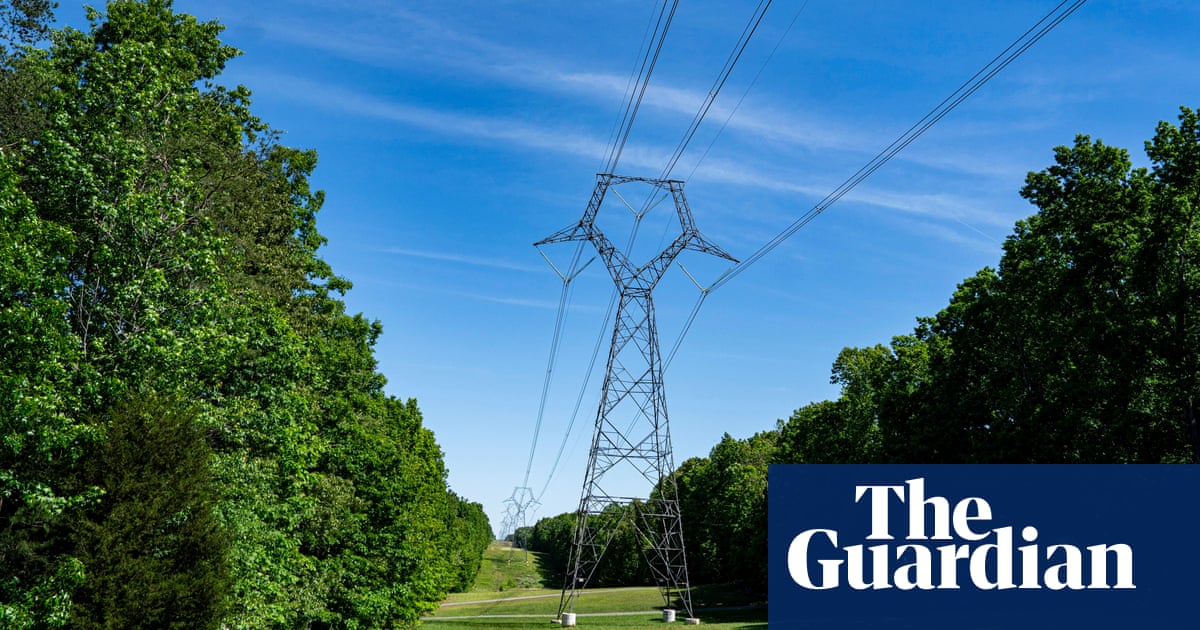Former Broadband Program Director Warns of Risks to Rural Internet Access Under Proposed Changes
Evan Feinman warns that shifting funding priorities may disadvantage rural Americans, favoring satellite internet over fiber connections under the new administration.
Overview
Evan Feinman, former head of the Broadband Equity, Access, and Deployment program, has raised alarms about proposed shifts to internet funding that could harm rural Americans. In a farewell email, he criticized plans to prioritize satellite internet connections over fiber, which could lower service quality and expand the digital divide in rural areas. Feinman urged state leaders to advocate for maintaining fiber priorities to ensure reliable internet access for underserved communities amidst looming administrative changes.
Content generated by AI—learn more or report issue.

Get both sides in 5 minutes with our daily newsletter.
Analysis
- Evan Feinman, former director of the BEAD program, warned that proposed changes under the Trump administration could jeopardize rural broadband by favoring Elon Musk's Starlink satellite service over fiber technology.
- Feinman urged Congress and the Trump administration to maintain fiber as the primary technology for rural connectivity, citing concerns over slower and costlier satellite internet connections for consumers.
- The ongoing uncertainty around BEAD funding is causing delays for states, with many already prepared to implement their broadband plans, while a shift to technology-neutral policies could further complicate the deployment process.
Articles (3)
Center (2)
FAQ
Evan Feinman is concerned that shifting priorities from fiber to satellite internet could result in slower speeds, higher costs, and a widening of the digital divide in rural areas.
The new administration is advocating for a 'tech-neutral stance,' which they believe will facilitate quicker broadband rollout in rural areas. However, critics argue that this shift is influenced by corporate interests rather than consumer benefits.
The shift could lead to slower internet speeds, higher costs, and reduced service quality, potentially widening the digital divide and limiting economic opportunities in rural areas.
Rural residents can reach out to their local representatives, engage in public discussions, and support initiatives that favor fiber-optic growth to ensure better internet access.
History
- This story does not have any previous versions.


